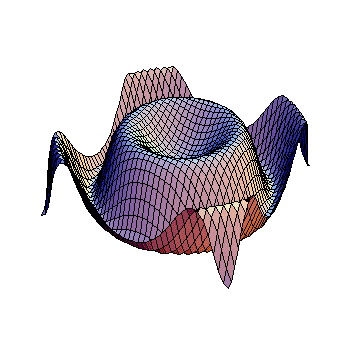What is the value of #sin -1 (cos x)#?
1 Answer
Oct 2, 2015
Explanation:
Assuming you mistyped and meant
We know that the cosine function, is nothing more than the sine
So we can say that the sine function, 90 degrees ahead, is the cosine function.
Using the property of inverse functions that
If you must use degrees, just convert those

